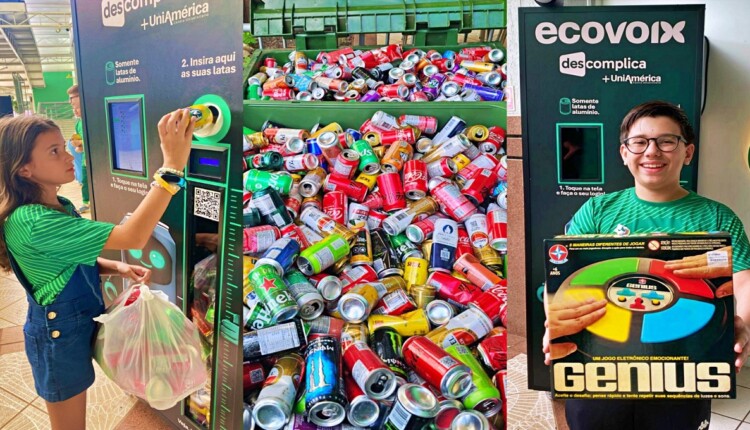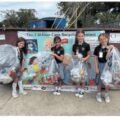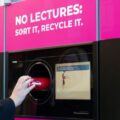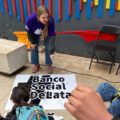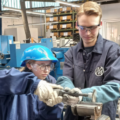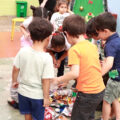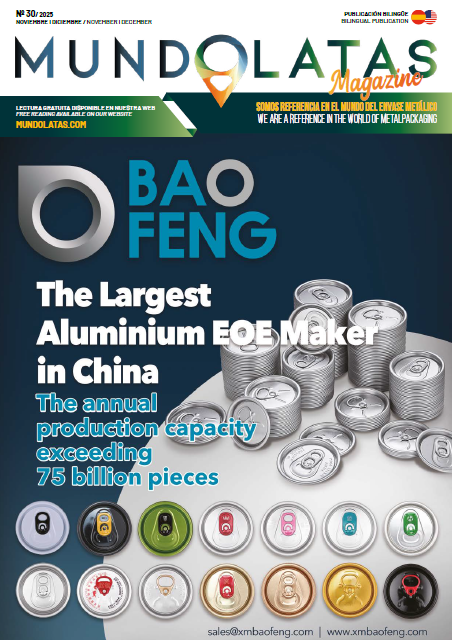In Foz do Iguaçu, Brazil, more than 12,000 aluminum cans have been collected thanks to Ecovoix, an innovative machine that combines selective collection with gamification. This approach aims to change habits through education, mainly involving young people through games and technology.
The pilot unit was installed at Colégio Bertoni Elos, where 85% of the student body actively participated. Students register their data in an application and accumulate points by inserting cans into the machine. Rewards, such as educational games, promote the development of social skills and reinforce environmental awareness.
Manufactured with 94% recyclable materials, the Waste Valorization Machine (MVR) managed to recover over 180 kilograms of material in just two months. The project, created by Mauricio Pedroso, was developed together with university students of engineering, systems, psychology, and graphic design from Centro Universitário Descomplica UniAmérica.
Ecovoix is inspired by international models such as Waste Management & Recycling Services from the USA and has also started working with hotels, bars, and restaurants, in partnership with the Foz do Iguaçu Hotel Union. All collected material is donated to recycling cooperatives and associations, in coordination with the municipal government.
In addition to the environmental impact, the project has a strong social dimension. Part of the funds are allocated to the NGO Projeto Coração, which serves girls in vulnerable situations in the Bubas community, one of the largest urban occupations in Latin America.
Ecovoix contributes to the fulfillment of 10 of the 17 Sustainable Development Goals (SDGs) of the UN, including quality education, gender equality, responsible consumption, and sustainable cities.
Institutions interested in installing a machine can do so free of charge, by contacting the Ecovoix team through social media. The initiative is already open to new partnerships within the ESG (Environmental, Social, and Governance) model, promoting active citizenship and a more responsible future from the classrooms.

